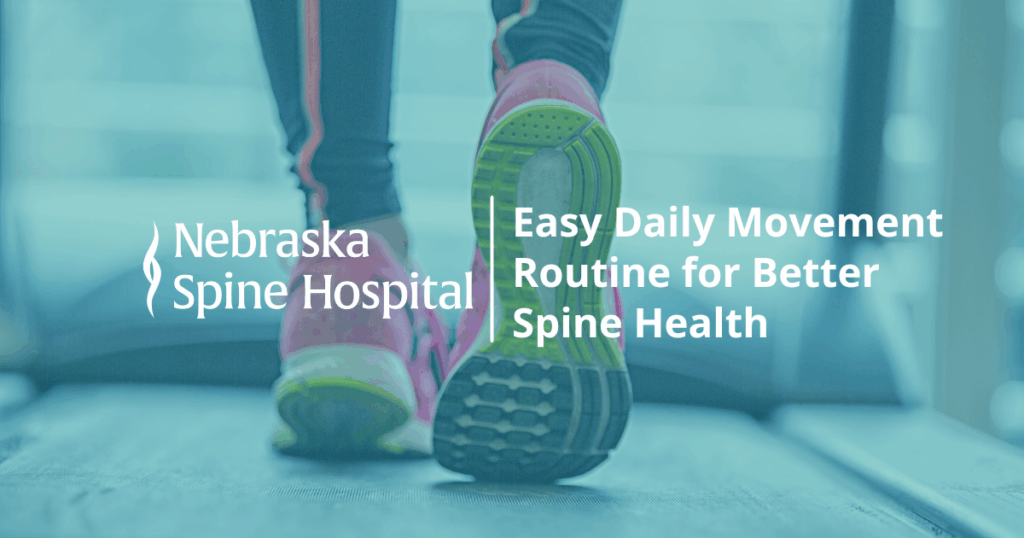Back pain not only affects your ability to fall and stay asleep, but also the quality of your sleep. When a person becomes sleep deprived, their body shuts down the release of a hormone that helps relieve pain and heal the body. Meaning, a lack of quality sleep can actually worsen your back pain.
So, how can you get better sleep, you ask? Simple. By developing the following habits, you’re more than on your way to a restful night of sleep.
Create a Sleep Schedule
Going to bed and waking up at the same time every day (yes, including weekends) is the first step to better sleep. Doing so will help your body develop a healthy sleep-wake cycle. This is especially important for those suffering from chronic pain, or anyone who has trouble falling or staying asleep.
Often, those suffering from chronic pain develop a mindset to get sleep whenever they can. While we understand why they feel this way, it only leads to further disruption of their sleep-wake cycle and, ultimately, more trouble falling or staying asleep.
You Might Also Like: Sleeping With Back Pain
Train Your Body to Fall Asleep
Do you remember learning about Pavlov and how he conditioned his dogs to salivate at the sound of a bell? Similarly, you can condition your body to know when it’s time to fall asleep.
Begin developing bedtime rituals to help with relaxation. These rituals can range from taking a warm bath, reading a book, or practicing gentle yoga an hour before bed. Repeating these rituals will eventually let your body know it’s time to fall asleep and you will begin feeling tired at that time.
Create an Environment for Restful Sleep
Make sure your bedroom is a pleasant and relaxing room. This can range based on personal preferences, but the room should be a comfortable temperature, dark, and free of distracting noises.
Your pillow and mattress also factor into your ability to get restful sleep; your pillow should match your sleeping position. Invest in a pillow that is the correct height to keep your spine aligned. For instance, side sleepers will need a thicker pillow than stomach sleepers.
You Might Also Like: Six Tips For Sleeping With Chronic Pain
The habits above are a great start to get better sleep. However, if your back pain is still interfering with your ability to get quality sleep, it may be time to seek medical attention.









